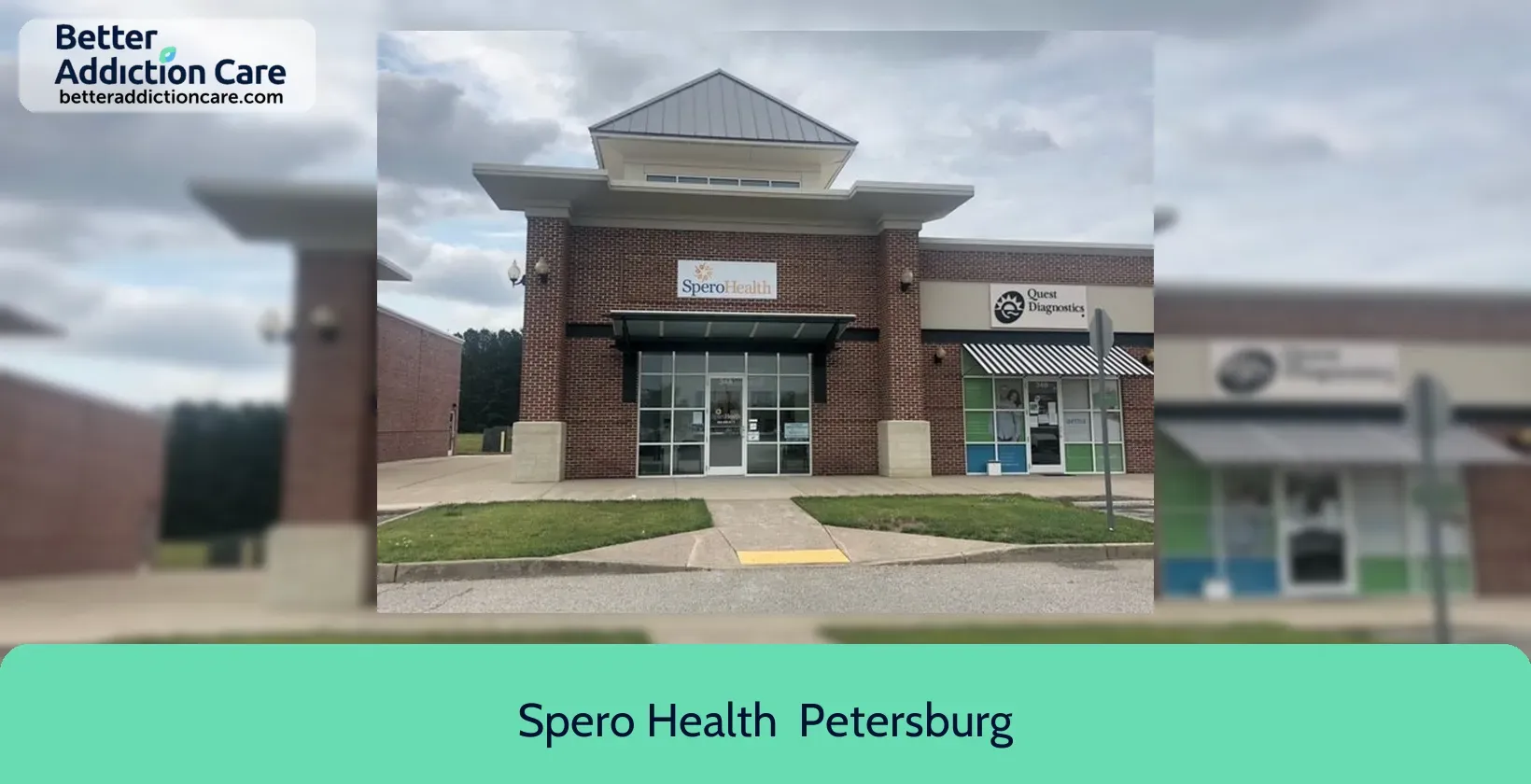Opiate Addiction

This misconception couldn’t be further from the truth. Opiates play a part in the majority of drug-related deaths in the United States, so opiate addiction treatment should never be postponed. Fortunately, opiate addiction recovery can be achieved with the help of professional opiate addiction treatment centers across the country, and at BetterAddictionCare, we’re devoted to helping you get the customized care you need.
What Are Opiates?
Opiates are a group of depressants that affect the central nervous system. One example is morphine, which is frequently used as a medically prescribed painkiller. Other opiates include heroin, codeine, OxyContin, and opium. Opium is found in natural form in the opium poppy, a flower indigenous to Southwest Asia. As early as 3400 BC, opium was harvested and used recreationally. Other opiates are derived from the alkaloid substances found in opium. Opioids, like methadone, are synthetically produced using the alkaloids from opium as a template.
What Is an Opiate Addiction?
Opiate addiction is one of the most common drug addictions in the United States, due in large part to the relative ease of obtaining prescribed opioids. Even medically recommended long-term use of opioids can result in an addiction if not carefully monitored. An opiate addiction is a state in which an individual habitually uses opiates to achieve a high or a sense of relaxed well-being. Opiates affect the opioid receptors in the brain, spine, and digestive tract, serving to mute the intensity of pain signals and stimulate feelings of pleasure and reward. As opiates are used on a more frequent basis, the body’s dependence on the drug increases until it reaches the point where being without the drug causes unpleasant withdrawal symptoms.
The Danger of Addiction
Without opiate addiction treatment, an addiction may progress to the point of an accidental overdose or organ failure. Even in the short term, there are many risks to consider. If an individual is pregnant and addicted to opiates, there is an increased chance that the infant will be premature, experience withdrawal symptoms, and have problems with eyesight. Sharing needles, as is common among heroin users, heightens the likelihood of blood-borne illness transmission. The longer opiates are used, the higher chance there is of permanent brain damage to the areas responsible for decision-making and stress response.
When it comes to opiate addiction, help should be sought as early as possible to reduce the chances of long-term psychological and physiological damage. With a controlled detox and individualized addiction counseling, opiate addiction recovery is possible. At BetterAddictionCare, we’re dedicated to connecting the top rehab programs with immediate inpatient facility admissions to individuals who have committed themselves to opiate addiction recovery. We can help you find an alternative rehab program that is cost-effective and provides custom care for all clients.
Every day is the perfect day to start healing. Call today or fill out our contact form for more information on our nationwide network of opiate addiction treatment centers and how to speak with a counselor near you.
Resources
Treatment Centers in Virginia
 123
123
 123
123
 123
123
